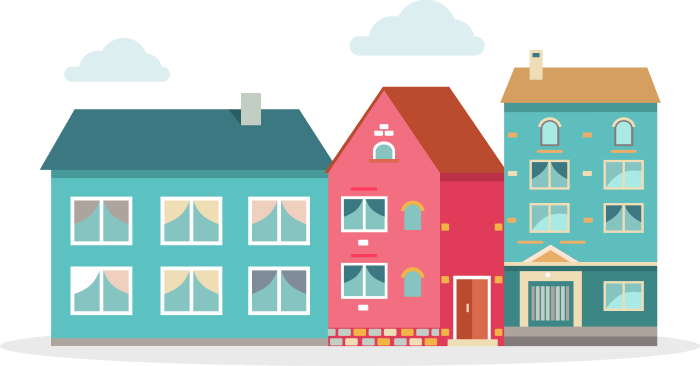Durham
We did the research. Find a place to call home.
B+
Quality of Life Score
Durham Information
304,014
Total Population
45%
Married Persons
55%
Single Persons

7/10
City Rating
City ratings are often based on a variety of factors including quality of life, economic opportunities, safety, education, and more. A rating of 7 or higher might suggest a city with a relatively high quality of life and desirable living conditions. A rating below 5 might indicate challenges or lower overall satisfaction.
7/10
Overall Value
This is a broader rating that takes into account multiple factors affecting the overall appeal of a city. Ratings above 7 might indicate a highly attractive city, while those below 5 might suggest areas for improvement.
10/10
Density (Population per mile²)
City density refers to the concentration of people living within a city's geographic area. It is typically expressed as the number of residents per square mile or square kilometer. Higher density indicates that more people live in a given area, leading to potentially busier streets, more crowded living conditions, and increased access to amenities and services.
2,457
Durham
260,000
Reno
City Info
Durham, North Carolina, is a vibrant city located in the Piedmont region along the Eno River. It is the fourth-most populous city in North Carolina and the 70th in the United States. Known as the "Bull City," Durham is a major center for education, medicine, and research, anchored by Duke University and North Carolina Central University. The city is part of the Research Triangle metropolitan area, which includes Raleigh and Chapel Hill, and is home to the Research Triangle Park, a leading hub for technology and biotech industries. Durham has undergone significant downtown revitalization, transforming historic tobacco districts into thriving centers for business, culture, and entertainment.
Residence
35% (Homes Rented)

30 Years
Median Home Age
$350,000
Median Home Price
5%
Home Aappreciation Rate
1.2%
Annual Property Tax
Weather
80%
Sun
10%
Rain
5%
snow
Residence
Durham offers a mix of historic and modern housing, with steady appreciation and a balanced homeownership rate. The city enjoys a warm climate with ample sunshine and moderate rainfall.
Community
7
Crime Rate (per 100,000)
Democratic
Political Majority
34.8
Average Age
Community
Durham is a diverse and inclusive community with strong civic engagement. The city has a rich cultural heritage and is politically progressive, consistently supporting Democratic candidates.
Locale

Occupation
25%
Management, Business, Art & Sciences
20%
Sales & Office Occupations
15%
Service Occupations
15%
Production, Transportation & Material Moving
5%
Natural Resources, Construction & Maintenance
Education
1:20
Student Teacher Ratio
25%
High School Diploma
30%
Some College or Associates Degree
20%
Bachelors Degree
15%
Graduate or Professional Degree
Locale
Durham’s economy is anchored by education, healthcare, and technology sectors. The city benefits from a highly educated workforce and is home to major research institutions. Ongoing urban revitalization and cultural investments contribute to a high quality of life.
Transit
27%
Public Transportation
70%
Car
10%
Carpool
10%
Work At Home
Transit
Durham’s public transit system, GoDurham, provides bus services throughout the city and connections to the wider Research Triangle area. The city’s transportation infrastructure supports efficient commuting and access to regional amenities.


